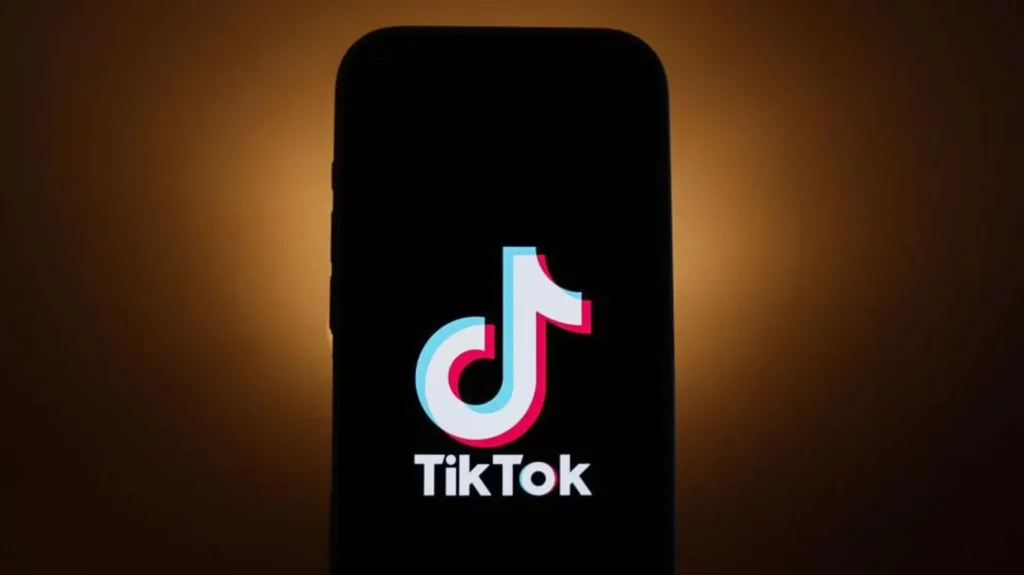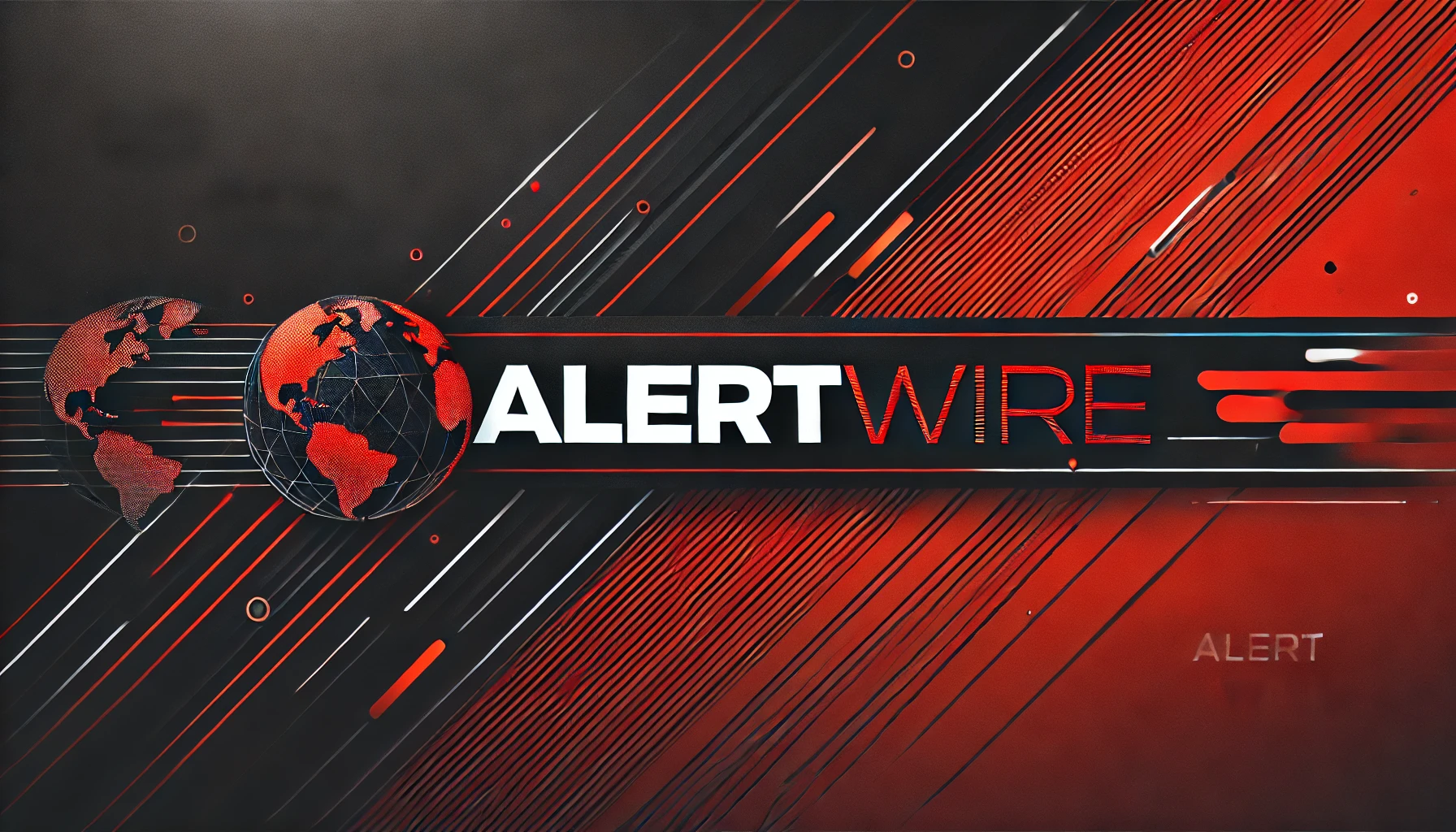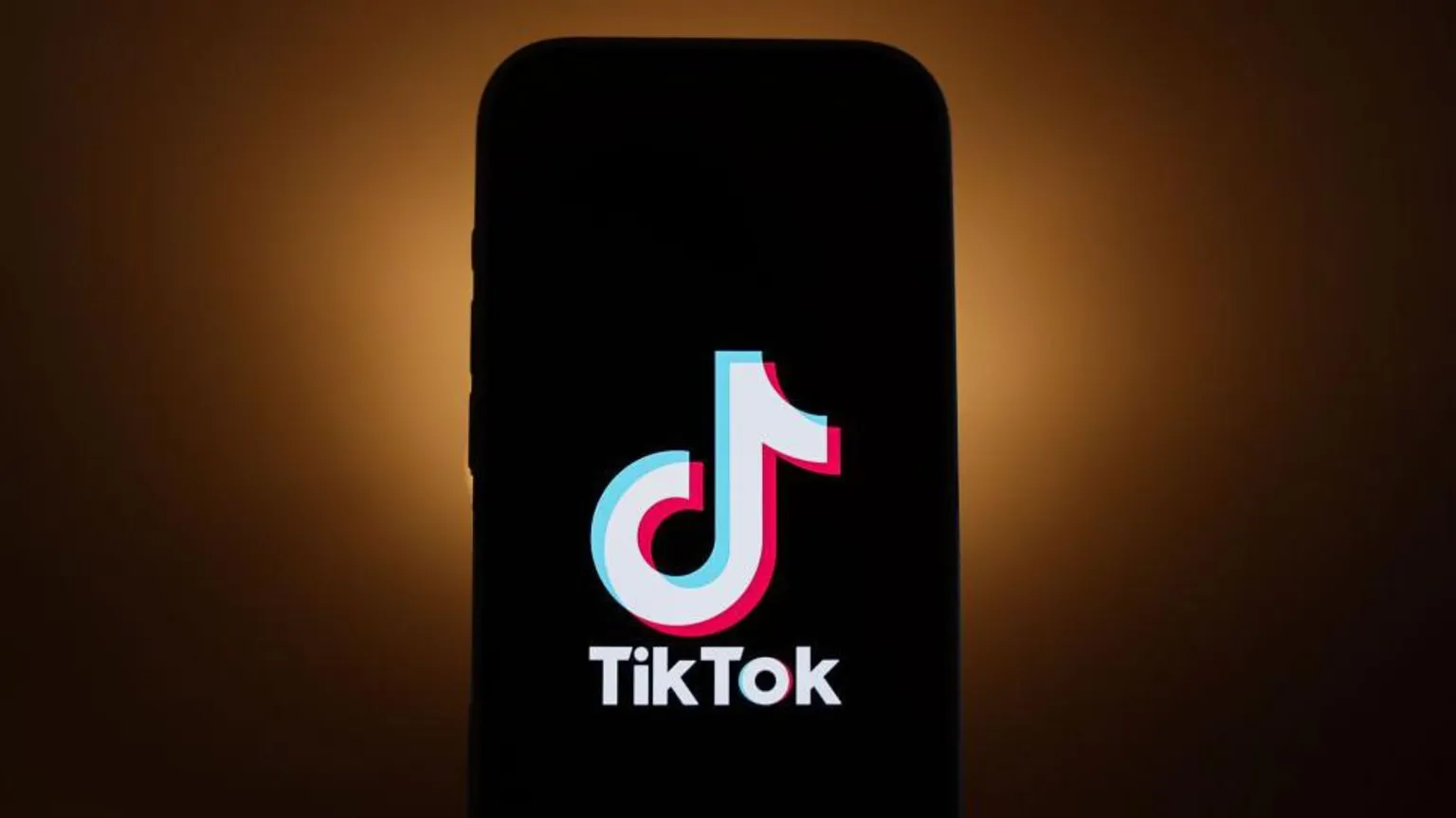
The European Commission has initiated a formal investigation into TikTok following allegations that the platform was used by foreign actors, particularly from Russia, to interfere in Romania’s recent presidential election. The probe aims to determine whether TikTok violated the EU’s Digital Services Act (DSA) by failing to assess and mitigate systemic risks associated with electoral processes.
In November 2024, Romania held the first round of its presidential election. Călin Georgescu, a candidate known for his pro-Russian stance, achieved a surprising victory, which was partly attributed to his sudden popularity on TikTok. Romanian authorities alleged that Russian entities orchestrated a coordinated campaign on the platform to amplify Georgescu’s content, thereby influencing the election’s outcome.
Subsequent investigations revealed that TikTok’s algorithms may have been manipulated to favor specific political content, raising concerns about the platform’s role in the electoral process. Romania’s Constitutional Court annulled the election results, citing significant foreign interference, and called for a re-run of the vote.
EU’s Investigation:
The European Commission’s investigation focuses on several key areas:
- Content Recommendation Systems: Examining how TikTok’s algorithms may have been exploited to promote certain political narratives, potentially leading to coordinated inauthentic behavior.
- Political Advertising Policies: Assessing TikTok’s measures to prevent undisclosed political advertisements and ensure transparency in sponsored content.
- Risk Mitigation Strategies: Evaluating whether TikTok conducted adequate risk assessments related to electoral integrity and implemented effective measures to counter foreign interference.
Henna Virkkunen, the EU’s Tech Commissioner, emphasized the importance of this investigation in maintaining a trustworthy online environment for EU citizens. Companies found in breach of the DSA could face penalties of up to 6% of their global annual turnover.
TikTok’s Response:
TikTok has defended its practices, stating that it does not accept paid political advertisements and proactively removes content that violates its policies on misinformation, harassment, and hate speech. The company claims to have monitored over 150 elections globally and asserts its commitment to addressing industry-wide challenges related to online disinformation. TikTok has expressed its willingness to cooperate with the European Commission and regional authorities to address any concerns.
Implications for Future Elections:
This investigation underscores the growing scrutiny of social media platforms in safeguarding electoral integrity within the EU. With upcoming elections in several member states, including Germany and Croatia, the Commission is keen on ensuring that platforms like TikTok adhere to stringent regulations to prevent foreign interference. The outcome of this probe could set a precedent for how digital platforms are regulated concerning political content and influence operations.
Conclusion:
The European Commission’s investigation into TikTok highlights the challenges of maintaining electoral integrity in the digital age. As social media platforms become increasingly influential in shaping public opinion, ensuring their compliance with regulations designed to protect democratic processes is paramount. The findings of this investigation will likely have significant implications for both TikTok and the broader landscape of digital platform governance within the EU.
SEO Keywords: TikTok investigation, EU Digital Services Act, Romanian election interference, Russian meddling, social media regulation, electoral integrity.





Leave a Reply